- Satya Raj Joshi
Bhupi: A Daughter’s Memoir offers an intimate portrayal of Bhupi Sherchan. The memoir seems to delve into the life of Bhupi Sherchan, a notable Nepali poet, who had a significant impact on Nepali literature and society. The book appears to explore the complexities of his personality, particularly the contrast between his passionate embrace of communist ideals and his simple behavior. The author, Kavita Sherchan, who is Bhupi Sherchan’s daughter, reflects on her upbringing and the conflicting narrative about her father. She seeks to uncover the truth behind the rumors and tales that have overshadowed her father’s literary contribution.
The book has two sections. The first section focuses on Bhupi as a person, where she tries to uncover the truth behind the many rumors about him, there she explains about his daily habits and the factors that shaped his personality, his excessive drinking, addiction to smoking, his waywardness, his behaviors with family members.
Sherchan recalled her early years in school and admitted that she used to be hesitant to disclose her relationship with Bhupi Sherchan because of the criticism she received for his drinking habits.
The second section is about Bhupi as a poet, where writer has tried to trace the journey of his life from son of a millionaire, to proletariat (sarbahara), to Bhupi Sherchan, further she visualizes Bhupi as a progressive poet and examine how his poetry visualizes realities of particular period of his life. The writer has taken so many meaningful extract of Bhupi’s poem to connect his personal and poetic life. She takes memoir as literary techniques to present Bhupi as a loving husband to her mother, a caring father to her and her brother and a revolutionary voice for common Nepali people. Her attempt seems to present Bhupi’s complete picture.
Sherchan recalled her early years in school and admitted that she used to be hesitant to disclose her relationship with Bhupi Sherchan because of the criticism she received for his drinking habits. She became supportive of her father and his crafts as she grew older and understood more about her father's works and his big fans.
Bhupi’s Writing speaks in favor of subaltern. Most of the writing had immense empathy for the underprivileged, the downtrodden and disadvantaged. His power of empathy was his greatest poetic gift which proved that inequality, poverty, injustice and the resultant vulnerability and helplessness are prime concern of his poetry.
The poem in this collection reflect the ethos of that era and thereafter. They highlight social injustice, poverty, exploitation, discrimination and political hypocrisy. They still resonate with the frustrations, anger and disillusionment of every common man . While speaking as chief guest at the National poetry symposium organized to mark the birth centenary of Kavi Shiromani Lekhnath Poudyal in Tensen, Palpa, in June 1984, he said, ‘if a poet doesn’t speak the truth and protest against injustices then, in my opinion, that person is not a poet.’
Bhupi’s poems break the boundaries of traditional ways of poetry writing where a poet has to follow fixed pattern. Bhupi’s poems are long, have only a few stanza breaks and use minimal punctuation but he builds on sound effects through the use of onomatopoeia, assonance, alliteration and other literary devices. However, he uses these effects irregularly and they do not follow a fixed pattern.
This book as a literary piece is very philosophical; memoir visualizes opposition between appearance and reality.one extract entitled with friends:
“I have innumerable friends to laugh with me,
I am looking for a few to cry with me.
The life looks ugly in daylight and so,
I am waiting for the night
The life searches for me on this side
I am looking for life on the other side”.
These lines accurately capture people's addiction to material wealth and detachment from human misery. Additional lines highlight Bhupi's thoughts on day, night, and human life. Overall, all of the beautiful words caught the attention of the audience and reminding them of their various facets of life.
Language clarity, excessive use of extracts, well-structured narrative patten are the positive sides of this collection whereas hitting upon phupi’s personal habits and portrays him as drunkard shows the critical perception of the writer. At the book lunched programme, as professor Abhi Subedi has said “I believe that the narrative associating Bhupi with alcohol was excessively highlighted. Who in our society doesn’t drink alcohol? in my opinion, portraying Bhupi negatively associating him as an alcoholic was somewhat unfair” he said.
Finally, as writer Sherchan has said she tried to unravel all the facts of Bhupi’s life, exploring every nook and cranny and, exploring every hidden closet that she knows of. While she is saying so, she was not only revealing these secret part of her father’s life rather she is exploring so many hidden secrets of Nepali people and society.






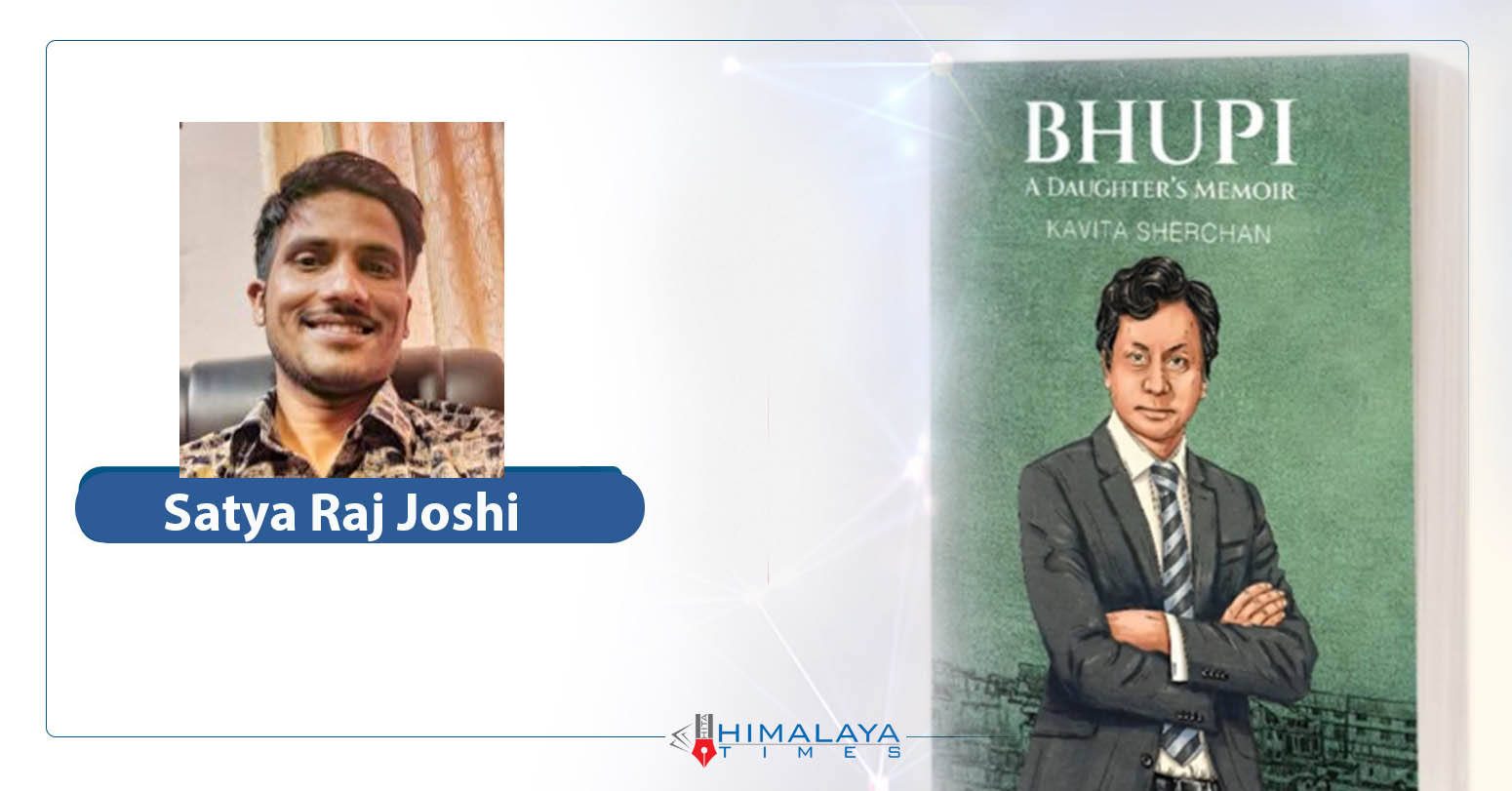
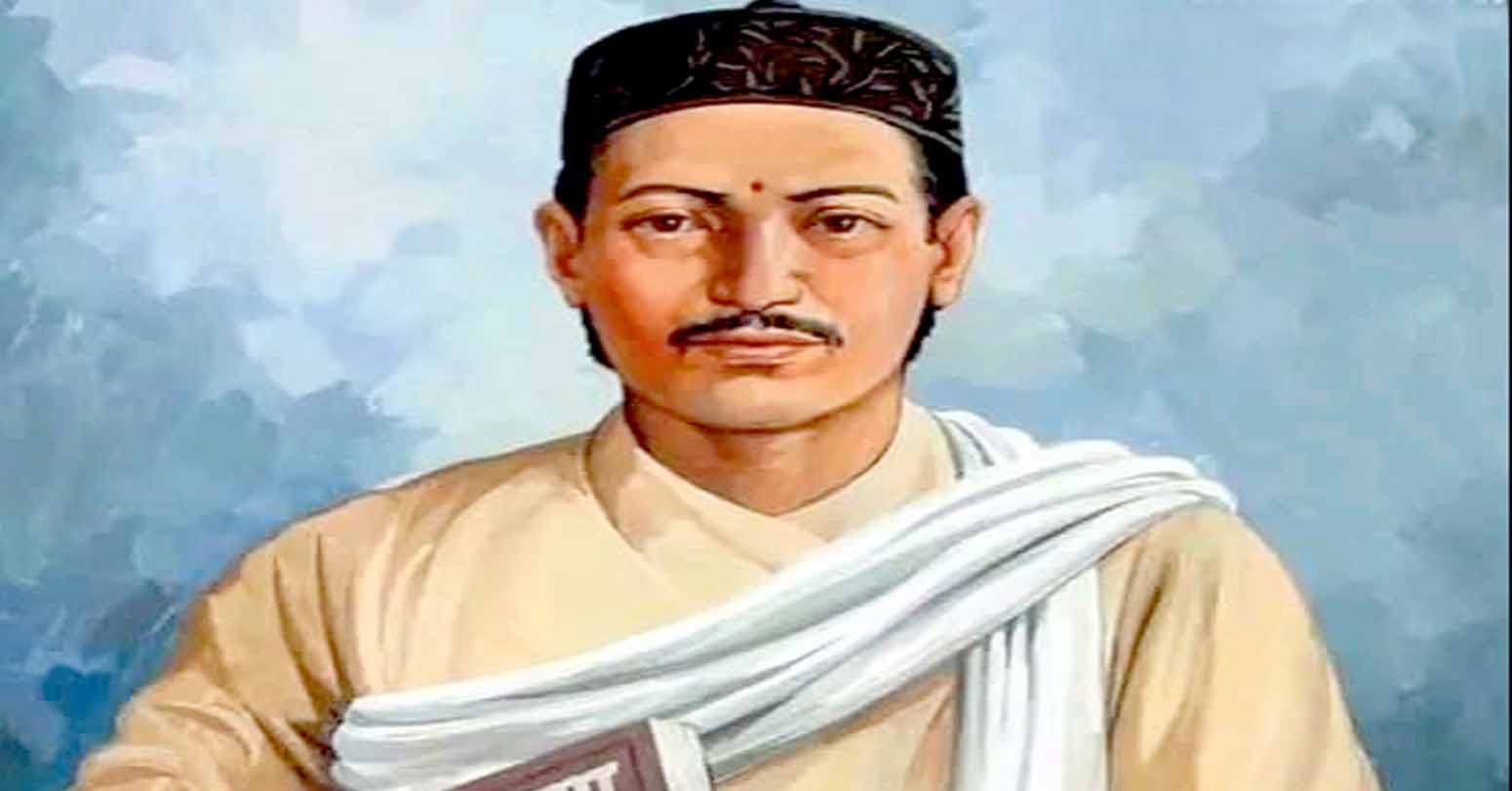
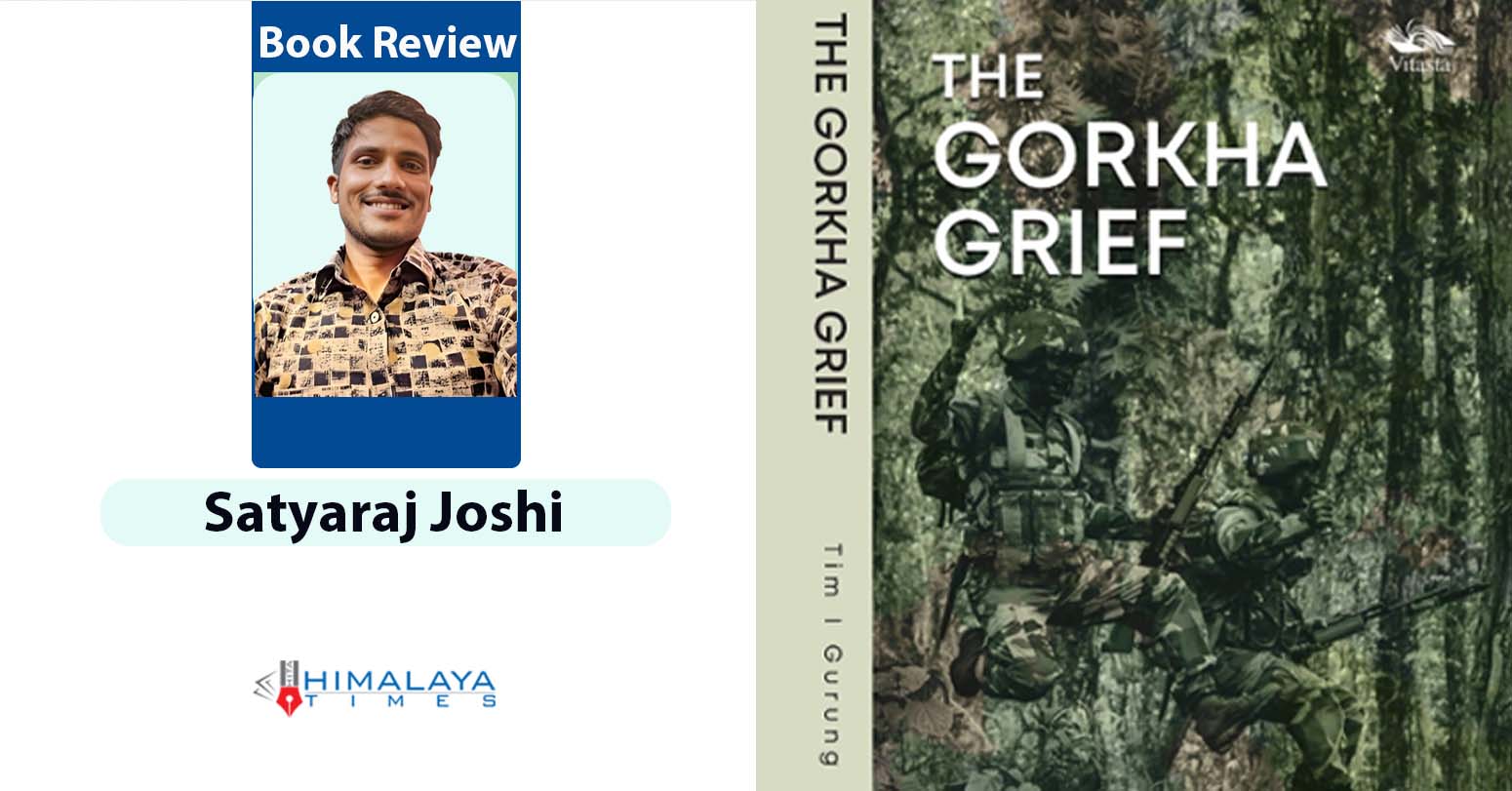

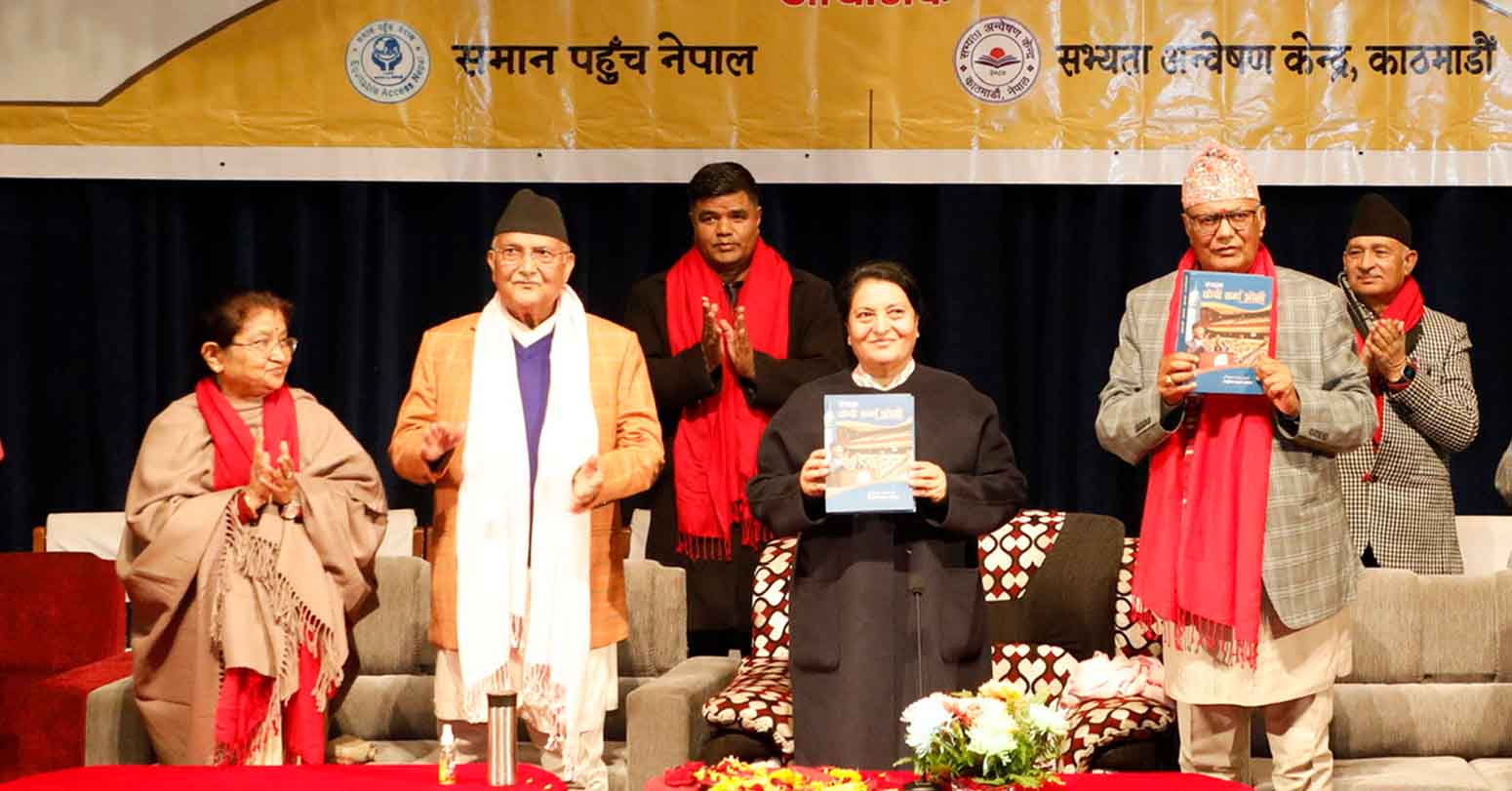



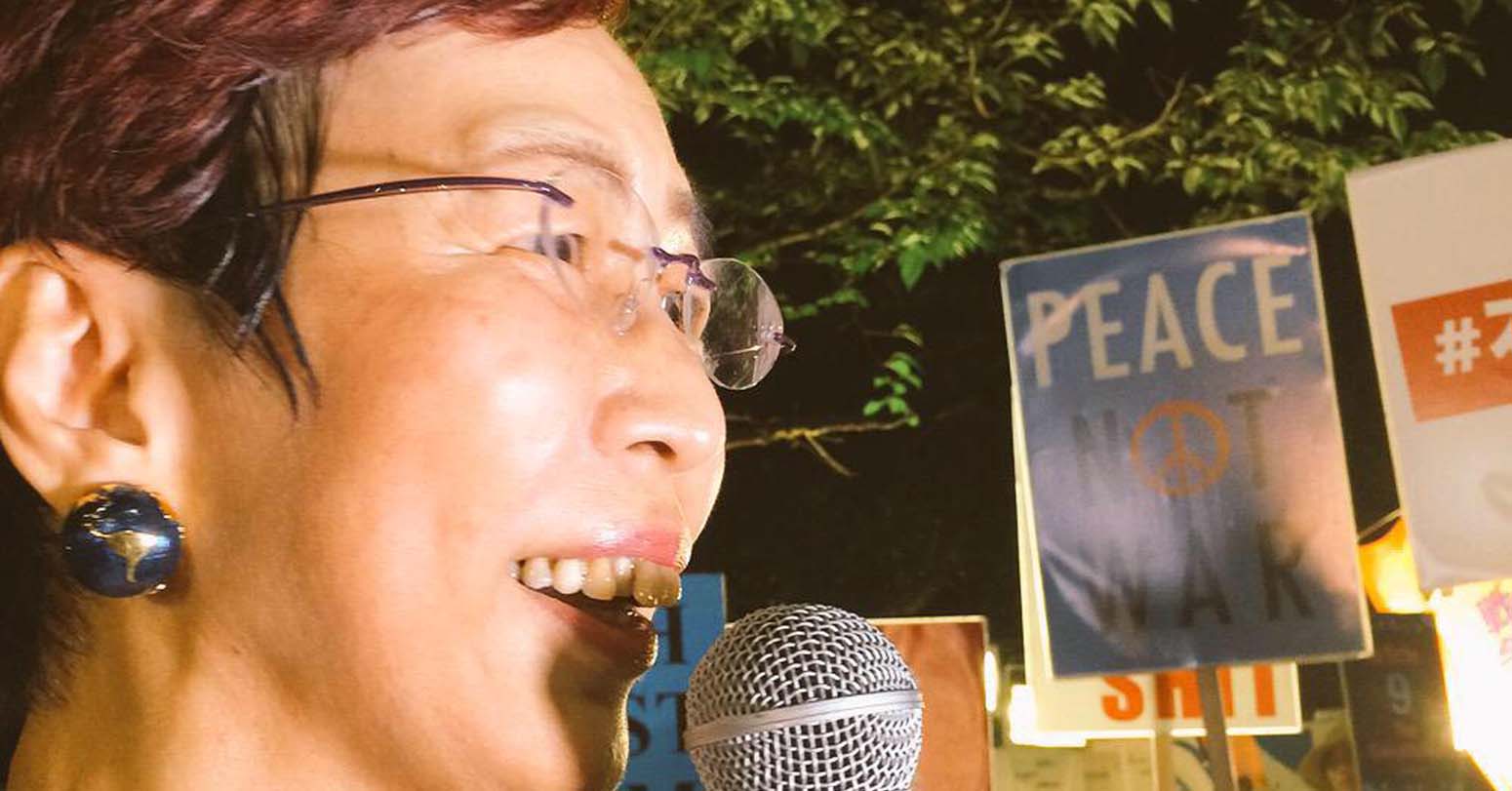
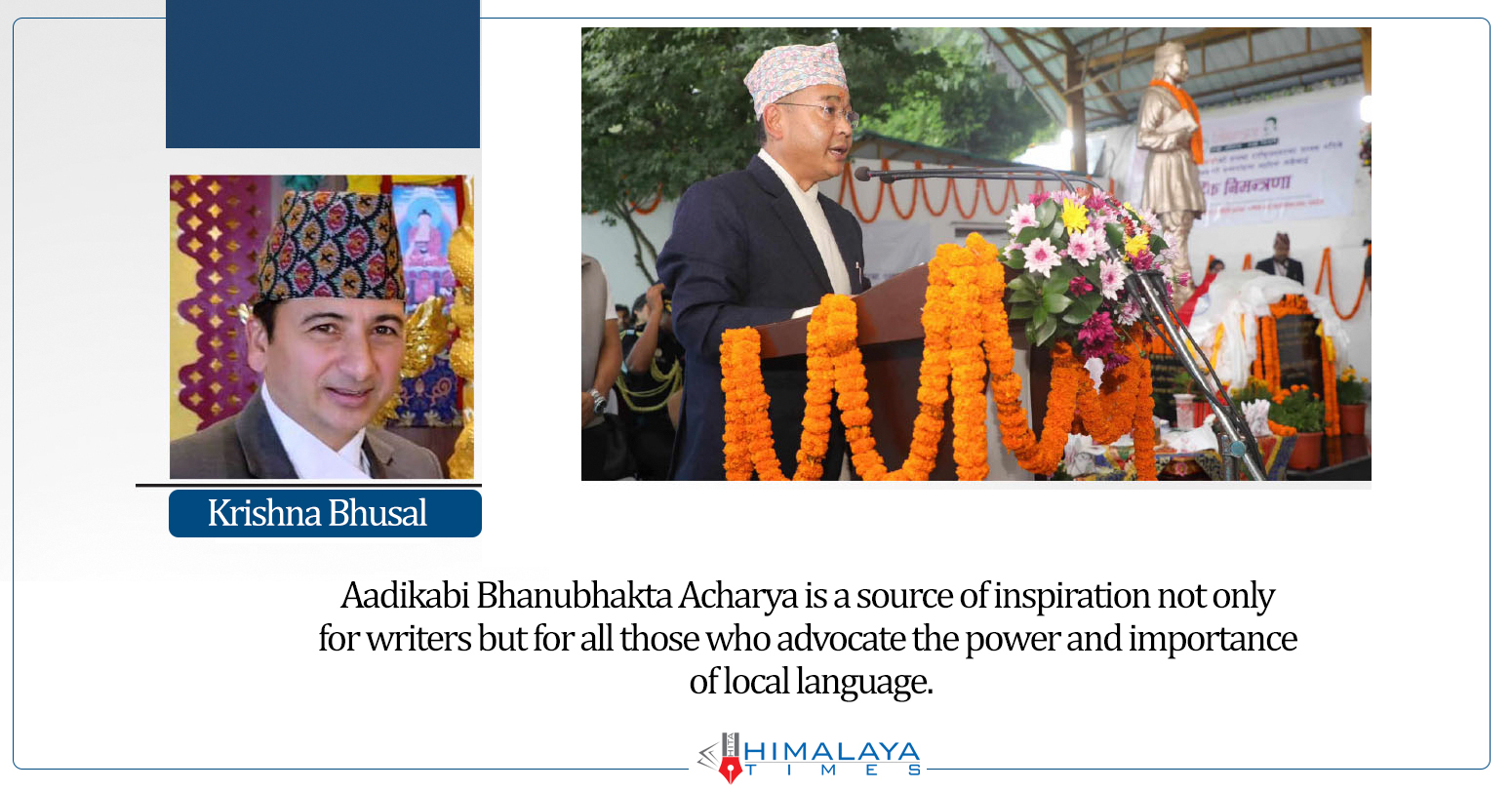
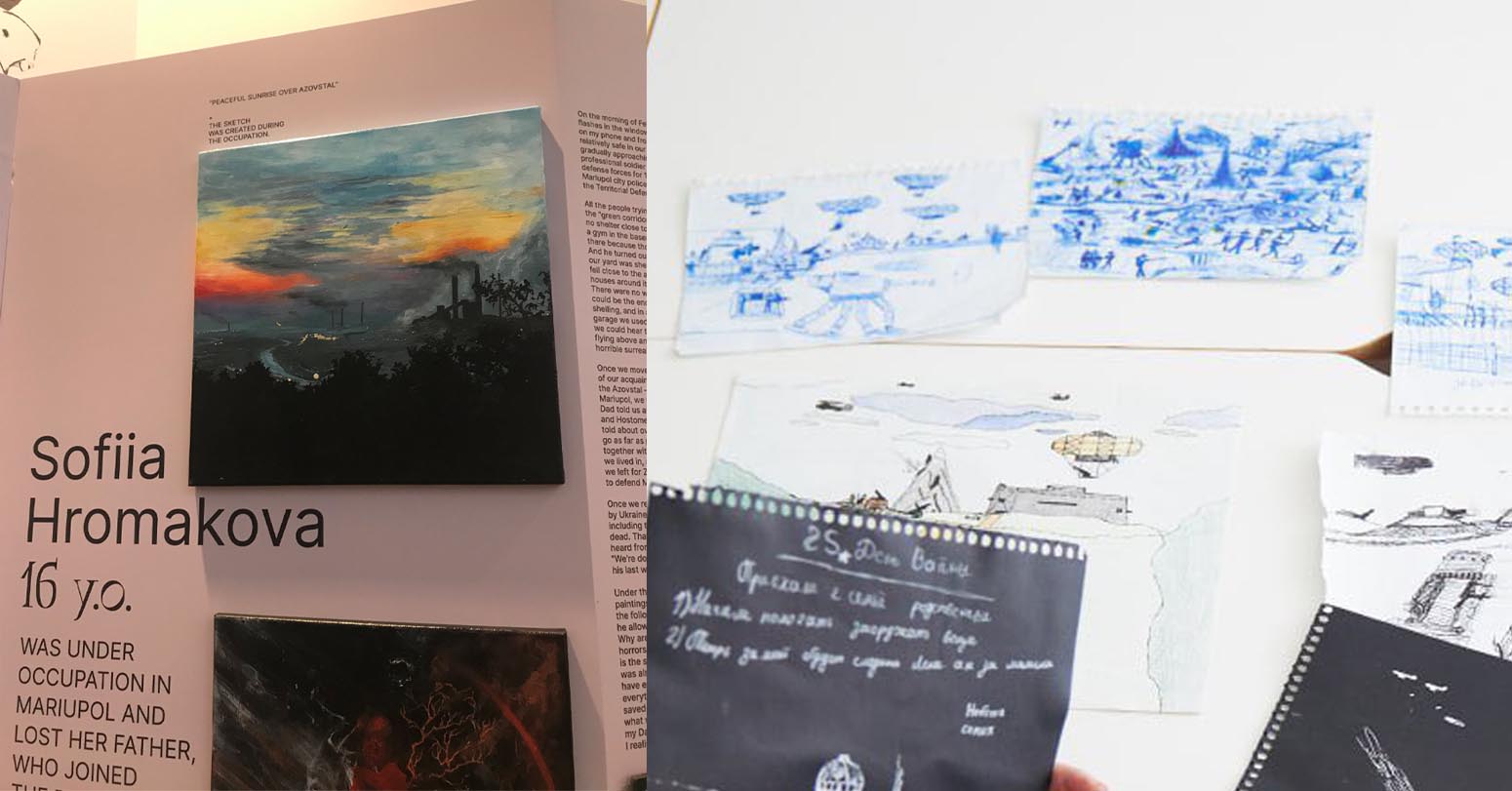
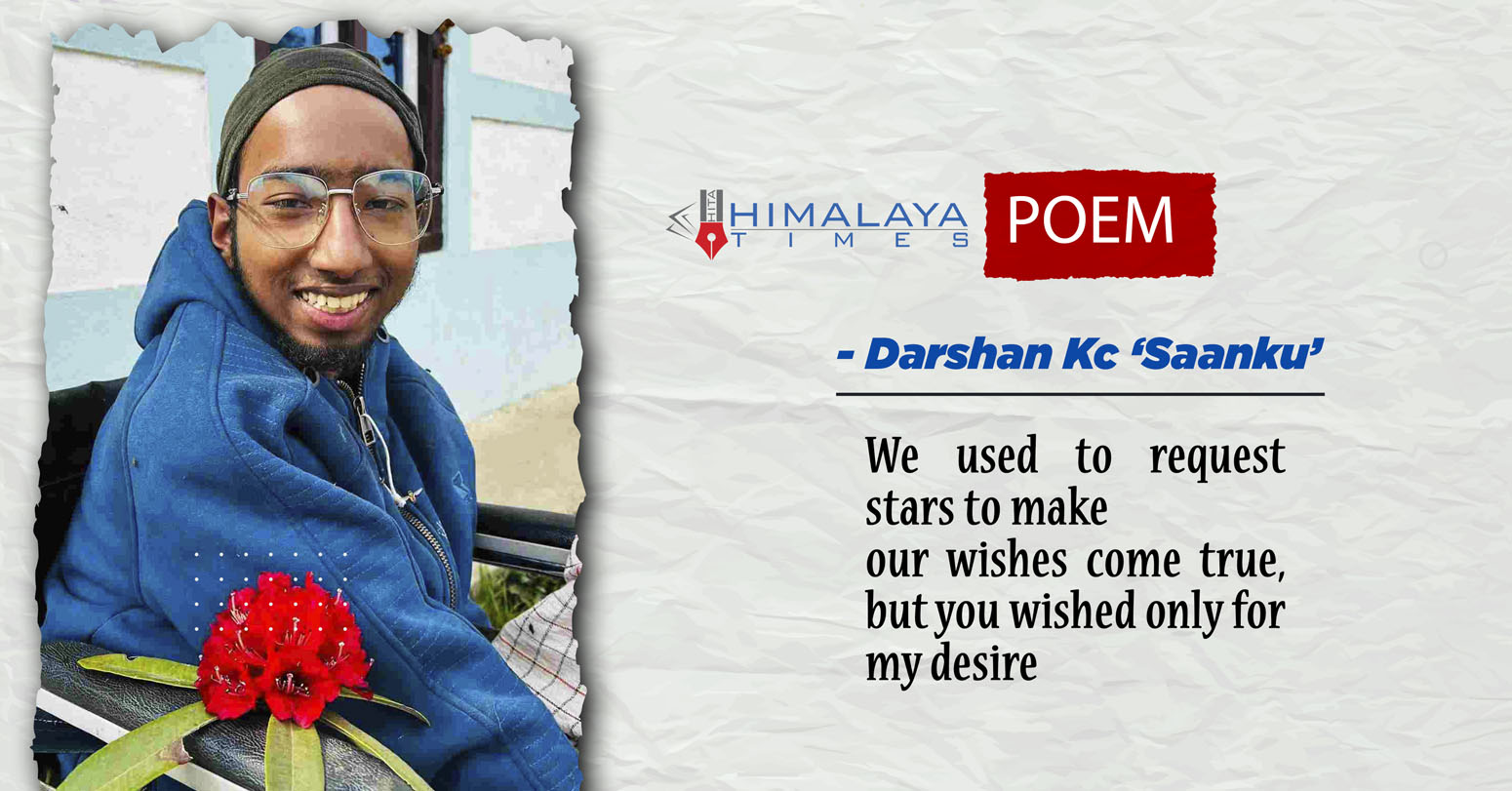
Comprehensive Data Protection Law Critically
Gender Differences In Mental Healthcare
Messi Wins Best FIFA Men’s
Erosion of Democracy
Fly Dubai Catches Fire in
“Complexities of the South Asian